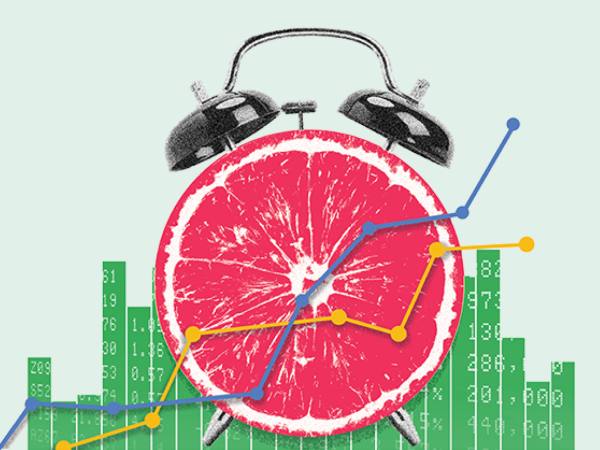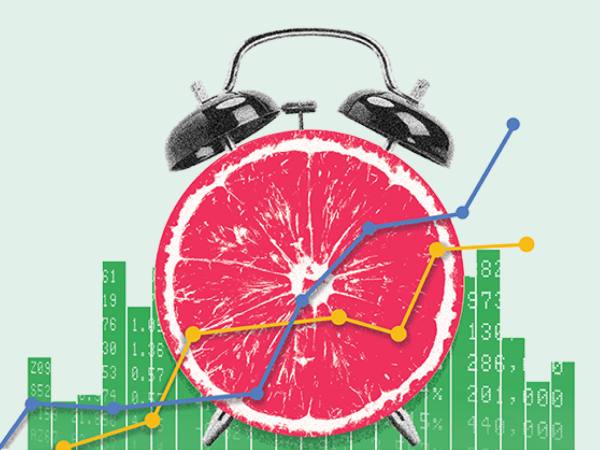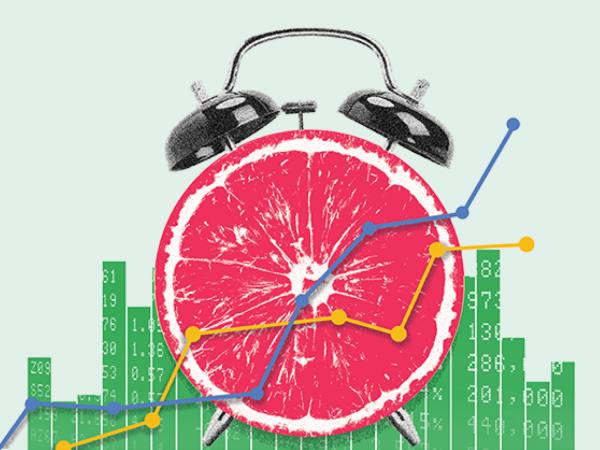Society, it seems, is becoming more comfortable accepting solutions it doesn’t fully understand – well that's what one can take from the ever-increasing use of newfangled technology, such as AI, and oldfangled cures for boredom, such as psychedelics.
Across the US, psychedelics are rapidly gaining in popularity. In 2021, a study by the University of Michigan found that 8.8 per cent of US adults between the ages of 18 and 30 had used psychedelics in the past year. This is up from 7.6 per cent in 2020 and more than double the 4.3 per cent that used them in 2017. There are now almost as many psychedelics users as there are smokers (11 per cent), although it's worth remembering smoking's popularity has plummeted.
The narrative in the US around drug use is shifting. Psilocybin, alternatively known as magic mushrooms, has been legalised in multiple states for medical use and even President Joe Biden is reportedly softening his views. The reason for this shift is that selective serotonin reuptake inhibitors (SSRIs), the chosen anti-depression medication since the 1980s, don’t work. They can help with acute anxiety but don’t provide a long-term cure.
SSRIs came about following the ‘serotonin hypothesis’ that emerged in the 1960s after medication to treat high blood pressure was observed to lower serotonin levels. These patients also seemed to be developing depression at higher rates and the causal link was drawn. Eli Lilly developed the first drug, named it Prozac, and started selling it widely.
According to philosopher Julian Baggini, author of ‘How the World Thinks’, this was due to what he called a "reductionist" view of the world that increasingly took hold of Western ideas. Scientists wanted to break the world down into its constituent parts and explain their relationships, a narrow view which led to beliefs such as all types of saturated fats were bad for people, and that serotonin was the only thing that affected people’s happiness.
The serotonin hypothesis didn’t play out well and the rates of depression in the US have increased from 10 per cent in 2015 to 18 per cent 2023, according to Gallup survey, despite more people than ever taking SSRIs.
But, unlike SSRIs, the problem that has plagued the adoption of psychedelics is there is no simple theory for how they work. People don’t understand what it does to the brain, so all the trial results must be purely observational. It appears that regulators are now coming to terms with this. Listed pharmaceutical company Compass Pathways has delivered positive data from its phase 2 trials for its psilocybin medication in treating post-traumatic stress syndrome and it has recently launched a phase 3 trial. Meanwhile, last month Cybin announced positive phase 2 trials for its DMT treatment for generalised anxiety disorder.
Both companies are early stages, and like many high-growth companies, suffered a share price collapse in the past two years as interest rates increased. However, analysts are expecting these trials to be successful and for both to start selling by 2026, and their balance sheets should easily bridge them through till then.
But, it is not just in psychedelics that regulators are having to come to terms with and find a reductionist explanation. AI scientist can build their models but can’t explain how they produce the outputs. “We just don’t understand what’s going on here. We built it, we trained it, but we don’t know what it’s doing,” NYU AI scientist Sam Bowman told Vox.
Despite not knowing how AI technology works, the US’s leading companies are seeing their stock prices race up off the back of its promise. During the Superbowl on Sunday, Microsoft advertised its new consumer AI product called Copilot. Microsoft wants to put this unexplainable software in the pocket of everyone in the world and has been rewarded by the stock market by becoming the most valuable company in the world.
Two of the fundamental problems of our time are rising mental issues and stalling productivity. Both medical psychedelics and AI offer solutions to these problems. To accept them, society will have to appreciate that not everything can be simplified down to basic models. Oranges were discovered as a cure for scurvy well before we understood the disease was caused by a lack of vitamin C. The world is complex and sometimes things just work, even if we don’t know how.










